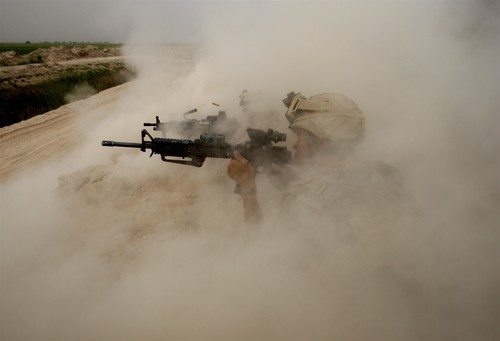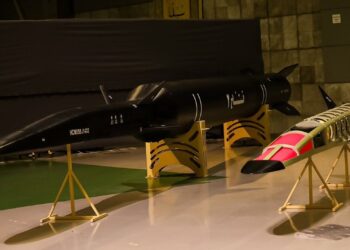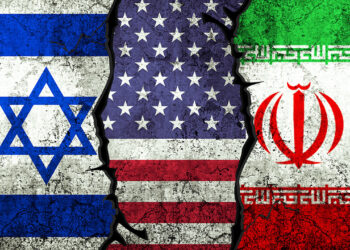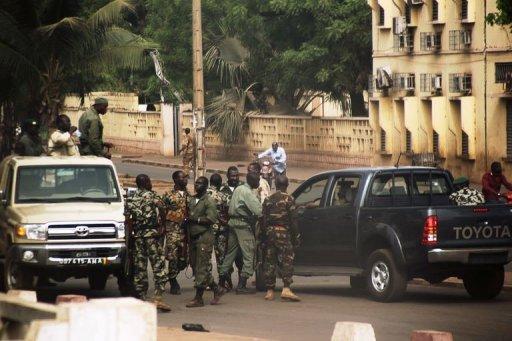Because the Soviet Union is no more, it is relatively easy to both forget that it spent almost a decade in Afghanistan, and dismiss the possibility that there is anything to be learned from Moscow’s experience in that long-benighted country. The Soviet Union was one of the big losers, on the world stage as well as in Afghanistan. The United States, despite lots of current writings by so-called declinists, so far is not.
Besides, the Soviet invasion of Afghanistan and its subsequent struggles in that country were in the context of the Cold War. Had the United States not intervened in support of the Mujaheddin, the Soviet Union might well have been victorious in Afghanistan; of course, had it not been for Moscow’s defeat and withdrawal and our abandonment of our erstwhile Afghan allies, the Taliban might never have come to power and Al Qaeda would not have had the safe haven from which to launch the September 11 attacks.
So while it is easy to dismiss the Soviet experience in Afghanistan it would be a mistake. Unfortunately, much of the Soviet experience in the 1980s mirrors our own some twenty years later. Although the Soviet and U.S. interventions were the result of different triggering events, and the two pursued distinctive initial strategies, both ended up with a similar long-term strategy of attempting to stabilize the country and create a viable Afghan government and security forces while using foreign military forces to suppress the insurgents.
Comments by senior Soviet leaders about the reasons for Moscow’s failure in Afghanistan are eerily similar to those being made today. In a 1986 Politburo meeting focused on the Afghan situation, Premier Mikhail Gorbachev remarks, “The goal we posed was to expedite withdrawal of our troops from Afghanistan and at the same time to ensure an Afghanistan that is friendly to us. This was to be achieved via a combination of military and political means. But there is no movement in any of these directions. Afghan government positions have not strengthened.” Foreign Minister Andrei Gromyko chimes in with “social conditions in Afghanistan made it impossible to solve the problem in short order…” The Deputy Minister of Defense, later Chief of the Soviet General Staff, Marshal Sergei Akhromeev then delivers a devastating assessment of the security situation:
“There is not one military objective that has been posed and not achieved, but there is still no result. The problem is that military results are not being reinforced by political ones … We have lost the fight for the Afghan people. Only the minority of the people support the government. Our army … is capable of maintaining the situation as it is. But under these conditions, the war will continue for a long time.”
Like the Obama Administration today, Mikhail Gorbachev and the Soviet leadership struggled to find a viable exit strategy. The Kremlin’s goals then were remarkably similar to those articulated by Washington: execute a relatively speedy withdrawal, maintain the current Afghan regime in power, deny the opposition a clear victory, maintain the ability to conduct counter terrorism operations post withdrawal and create the conditions for a political resolution of the civil war. In the Soviet vision, if the regime in Kabul had a sufficiently strong military and were supplied with enough military equipment it could survive as first among equals in a patchwork of autonomous regions. Moscow clearly gave up on any idea of stabilizing the country.
For a time, this strategy worked. It certainly enabled the Soviet Union to get out of Dodge. However, there was no political settlement. Despite rosy claims by military and intelligence officials, the Afghan security forces never acquired the skills and will necessary to defeat the opposition. No amount of Soviet military assistance, including air support and hundreds of SCUD rockets, was sufficient to overawe the insurgents.
Moreover, the presence of safe havens in Pakistan made it impossible to create a stalemate on the battlefield. Finally, the Afghan government remained weak and riven by internal dissent. Over a period of approximately four years, the Mujaheddin closed in on the Afghan central government, reducing its zone of control until finally the city of Kabul itself was besieged and overrun.
The grimmest lesson from the Soviet experience in Afghanistan is that Soviet foreign policy and intelligence experts warned that the failure of the pro-Moscow regime to survive would likely result in “Islamist fundamentalists coming to power.”
Despite assertions by the administration that Al Qaeda has been decimated and driven from Afghanistan, is there any reason to believe that having made virtually every mistake Moscow made, our withdrawal will not result in the Taliban’s “reconquesta” of their country and the recreation of a safe haven for Al Qaeda?











